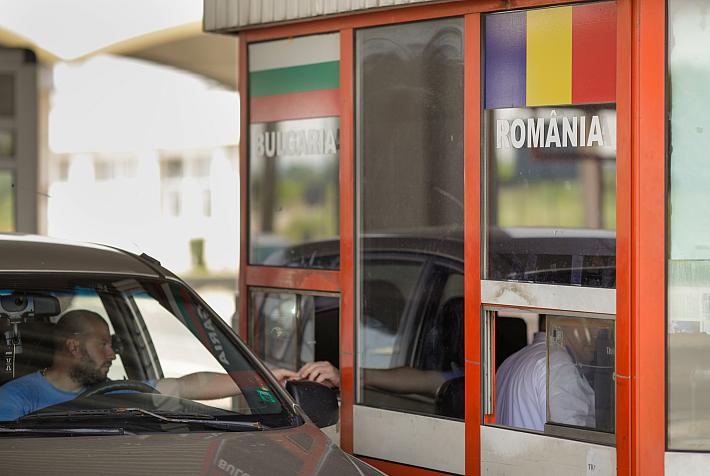UniCredit: Domestic consumption and demand from Germany to support Romanian economy

 Domestic consumption, fueled by reinstating public wages and reimbursement of social contributions to pensioners, as well as recovery of industrial production as a result of orders from the German market will support economic growth of Romania in the second half of the year, according to a recent UniCredit report.
Domestic consumption, fueled by reinstating public wages and reimbursement of social contributions to pensioners, as well as recovery of industrial production as a result of orders from the German market will support economic growth of Romania in the second half of the year, according to a recent UniCredit report.
The Italian group downgraded growth estimate for Romania this year from 1.2 percent to 0.5 percent and for next year from 2.3 percent to 1.7 percent due to weaker external demand and "exceptional shock " for industrial production and exports.
“Although we closed our previous short EUR/RON position form regional perspective we think the RON could outperform the HUF and PLN. We also favour Romanian Eurobonds over Hungary and Croatia,” said Dan Bucsa, Chief Economist with UniCredit Tiriac Bank and author of the Romania chapter in the report.
The report shows that the greatest fear for the Romanian economy comes from the eurozone. Romania had a poor start to the year with an economic contraction of 0.1 percent in the first quarter. Industry production is expected to rose with 0.4 percent in 2012 sustained by the German economy, and less by the traditional trade partners that are now in a difficult situation.
"The 8 percent wage increase in June and by 7.4 percent in December, refunds of contributions to pensioners and other populist decisions that could be implemented before the elections in November will support consumption and consumer confidence, " says Gyula Toth, analyst with UniCredit.
Romania seems to be the best prepared country in the region against pressures coming from Greece, but it is difficult to anticipate a significant currency appreciation, the current external context, according to UniCredit.
Romania has the second largest regional bank exposure to Greece, Greek credit institutions controlling 13 percent of local bank assets at the end of last year. Greek banks will continue to gradually reduce exposure, and a massive capital withdrawal is unlikely short term, whereas 70 percent of financing lines from Greek groups to local subsidiaries have more than one year maturity. The full report from UniCredit here.
Ioana Toader, ioana.toader@romania-insider.com












